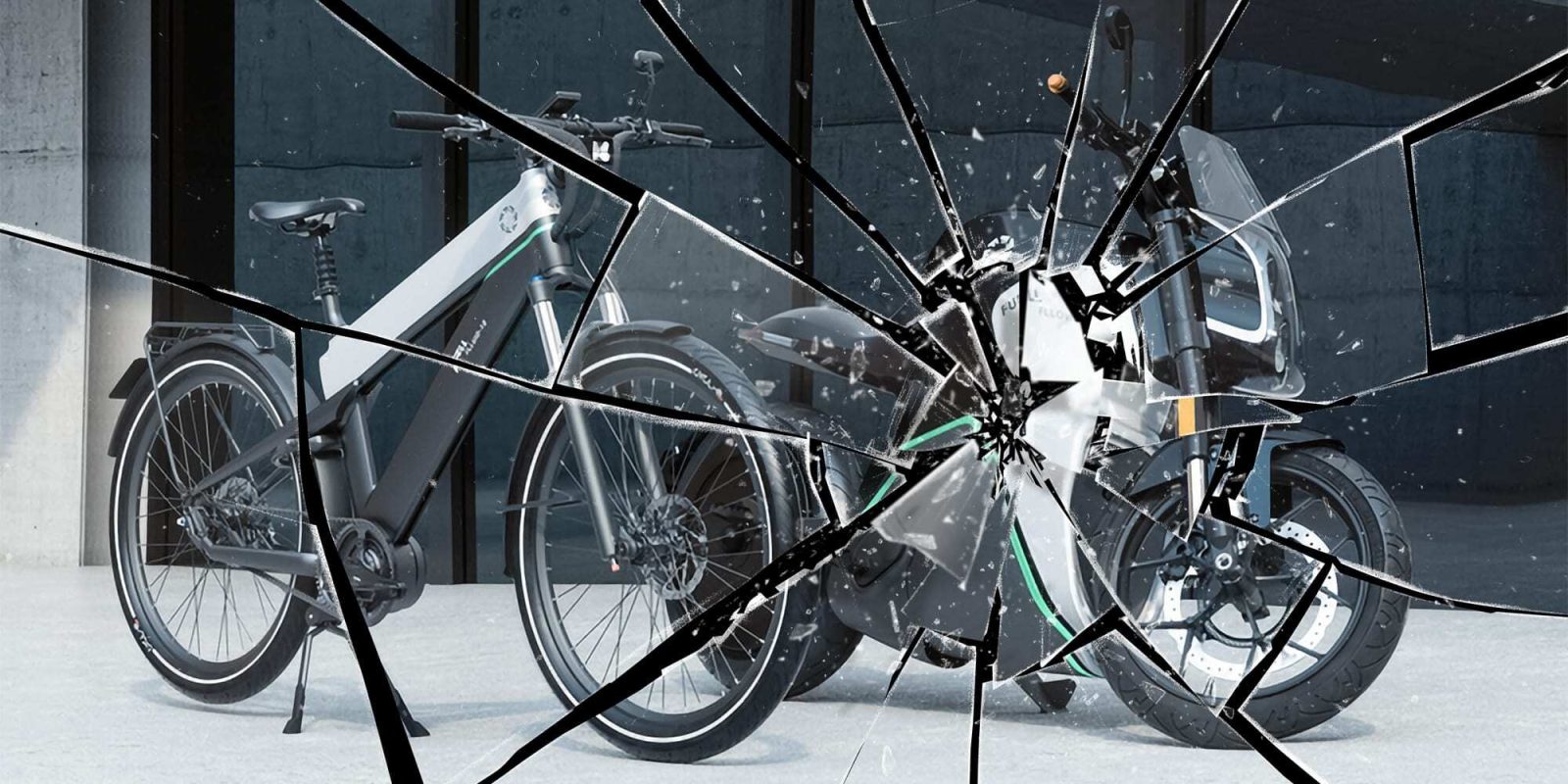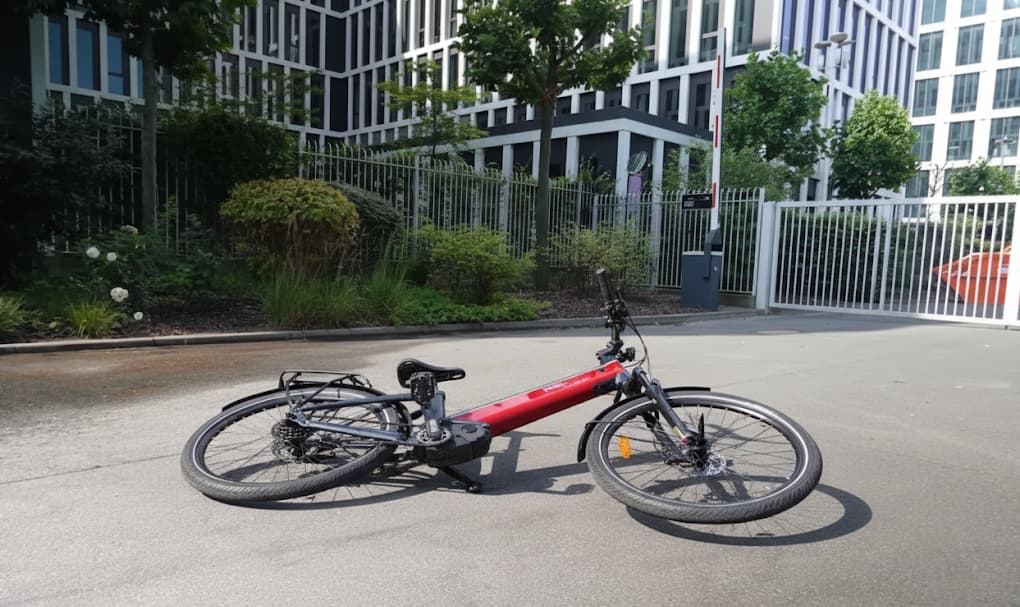
Fuell, the electric bike and motorcycle startup founded by legendary motorcycle designer Erik Buell, has officially sputtered to a stop. The company’s remaining assets were recently auctioned off for a total of around $170,000 – barely a speed bump against the nearly $7 million it owed to creditors.
The auction marked the final chapter in Fuell’s short and turbulent ride through the micromobility world. The company had raised millions through multiple crowdfunding campaigns and once pitched itself as a bold disruptor with premium e-bikes like the Flluid and Fllow. But after filing for bankruptcy last October, Fuell’s sleek ambitions quickly turned into a garage sale.
The auctioned assets included the company’s intellectual property, such as the Fuell trademark, website, and patents, which brought in about $50,000 across several lots. A small fleet of leftover e-bikes also hit the block, with Flluid models going for $1,150–$1,600 each and Fuell’s lesser-known Folld folding e-bikes moving for as little as $475.
The names of the buyers weren’t disclosed, so it’s unclear if another brand plans to resurrect Fuell’s designs or just picked up the assets for parts. In the past, we’ve seen completed e-bikes from other bankrupt companies scooped up by competitors and resold at a profit. What is clear is that, after fees and trustee expenses, very little money will trickle down to creditors. The auction house itself took a $38,000 cut, and a chunk of the proceeds was spent on cleanup and insurance.

This isn’t the ending crowdfund backers were hoping for – especially those who objected to the idea of bikes being abandoned in warehouses overseas. Bicycle Retailer covered some of the objections submitted by those who had pre-ordered Fuell’s e-bikes and were left with nothing.
In the end, everything that could be sold was sold, with a few unsold lots (including bike maintenance tools and office chairs) left behind.
For a brand that promised to “reimagine urban mobility,” it’s a disappointing end that has become all too familiar as the e-bike industry has undergone a weeding out phase in the last two years following several boom years in the post-pandemic world.
FTC: We use income earning auto affiliate links. More.













